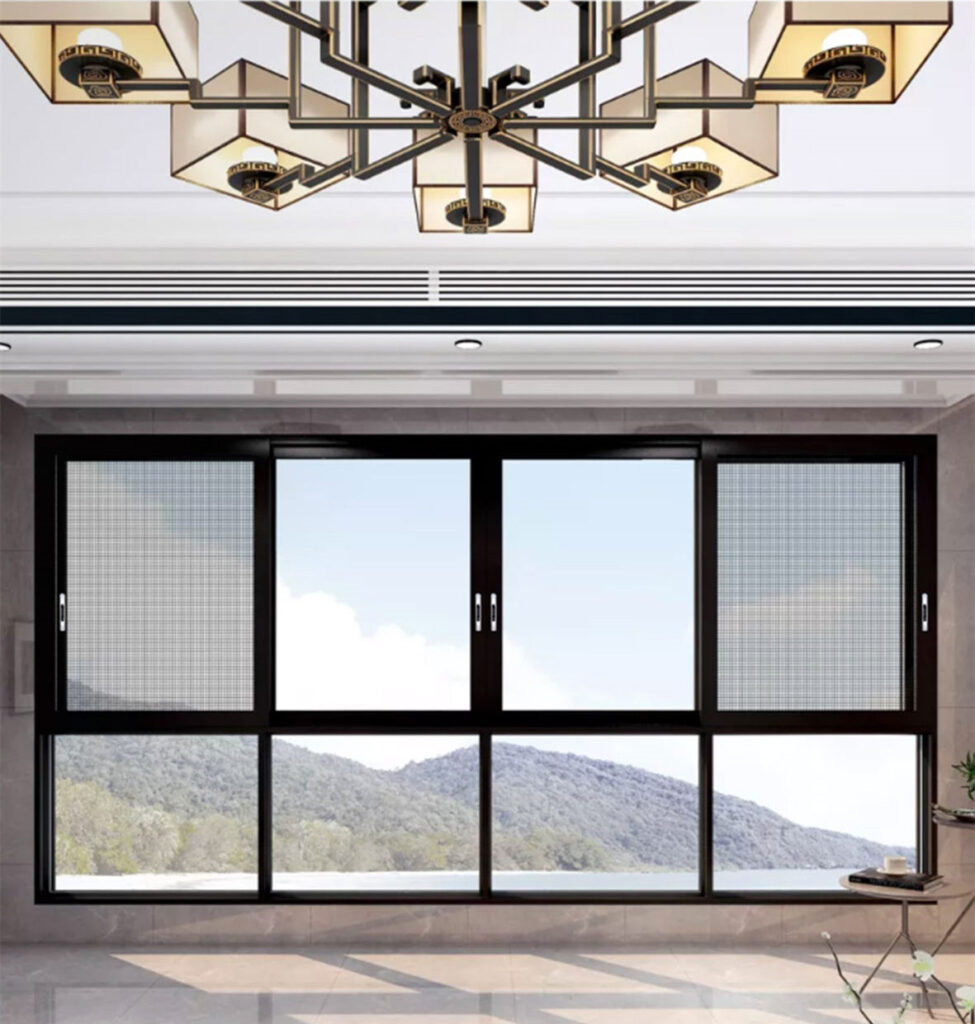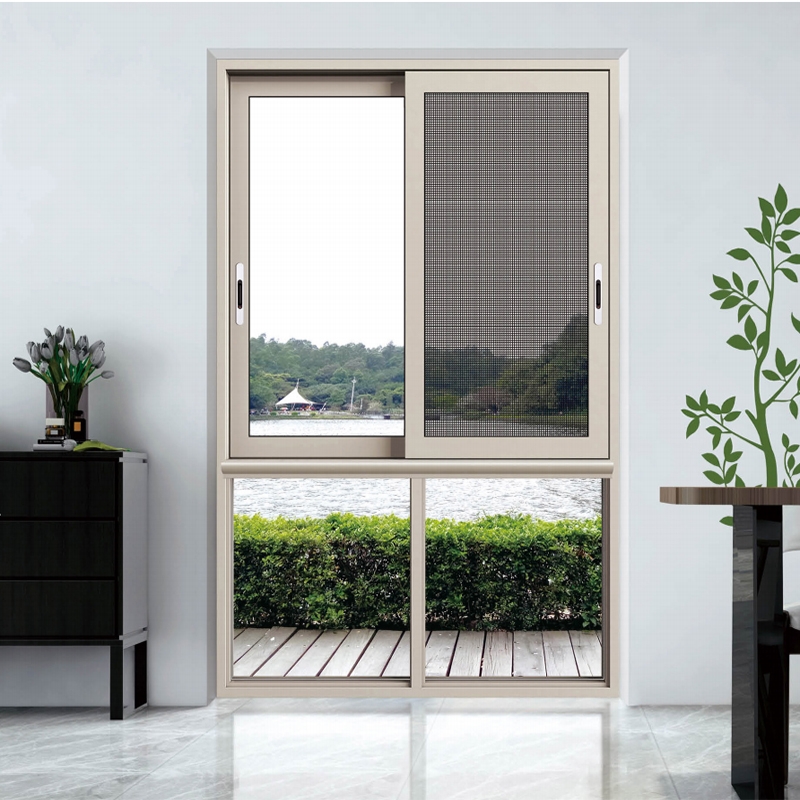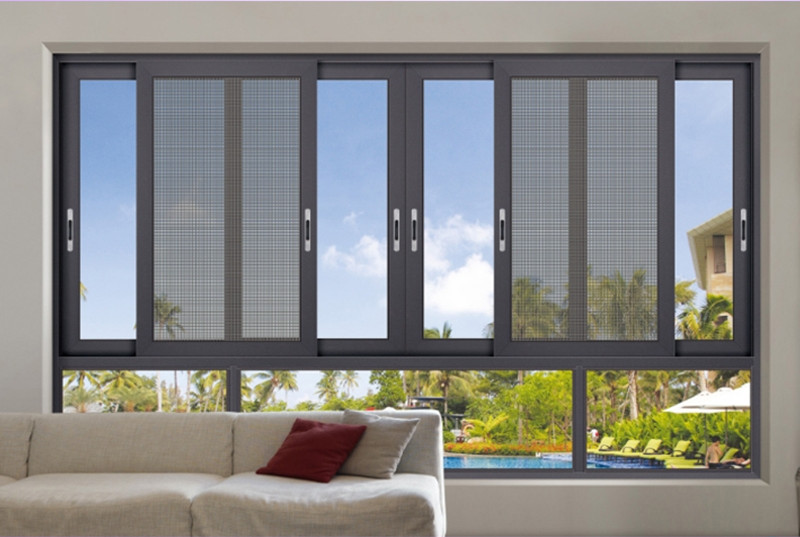
Enhancing Overall Harmony
Different folding doors cater to the diverse needs of customers because architectural styles and client preferences vary widely. Architectural designs feature unique elements, such as the symmetrical layouts, rich decorative details, and warm tones of traditional styles, or the sleek lines, open spaces, and extensive glasswork of modern styles. Choosing folding doors that align with the architectural style allows the door’s appearance, color, and material to complement the building. This creates a harmonious and unified aesthetic, avoiding discordant elements and elevating the overall beauty and quality of the structure. For various interior design styles, matching door and window colors and textures ensures that these elements blend seamlessly with the surrounding environment. Furthermore, folding doors can enhance the atmosphere, acting as an aesthetic complement to different styles. For instance, Mediterranean-style buildings paired with folding doors featuring arched elements and blue-and-white tones enhance a romantic seaside vibe, while industrial-style buildings with metal materials and exposed hinges emphasize a bold, rugged ambiance.

Meeting Functional Needs
Folding doors maximize space utilization. For instance, in residential settings, they can make spaces appear more expansive. In commercial applications, such as retail stores, glass folding doors provide clear visibility into the store, attracting customers while optimizing display areas. Architectural layouts and functions vary by style, and folding doors’ flexible opening mechanisms can meet these needs. In compact modern minimalist homes, folding doors can divide spaces when closed and create an open, airy effect when opened, improving space efficiency. Additionally, their transparency enhances natural light and ventilation, essential for styles emphasizing openness and connection to nature, such as modern and Mediterranean designs. Folding doors are versatile, offering features like excellent lighting, ventilation, thermal insulation, and cost-effectiveness to suit diverse preferences.

Reflecting Individuality and Uniqueness
Folding doors also showcase personality. Each architectural style reflects a cultural and aesthetic preference, and selecting matching folding doors highlights the individuality and taste of its occupants. For example, enthusiasts of vintage aesthetics might opt for intricately carved wooden folding doors in European classical-style buildings, expressing a passion for traditional culture and classical beauty. Conversely, trend-focused individuals may prefer minimalist and boldly colored folding doors for modern architecture, highlighting their unique identity and interpretation of contemporary living. By choosing style-appropriate folding doors, buildings can stand out in appearance and functionality, boosting distinctiveness and market value.

Improving User Experience
Folding doors are highly convenient. For areas such as kitchens, balconies, and bathrooms where doors are frequently used, folding doors’ flexible design ensures ease of operation. They can adapt to various spaces and scenarios. For high-traffic areas, selecting durable, smooth-operating folding doors enhances comfort and extends their lifespan. Maintenance requirements vary by material and style. For example, wooden folding doors require protection from moisture and pests, making them ideal for dry, indoor environments in traditional-style buildings. In contrast, aluminum or glass folding doors are corrosion-resistant and easy to clean, making them suitable for modern kitchens and bathrooms prone to moisture or dirt.
By choosing folding doors that match the architectural style, functionality, and maintenance needs, users can achieve a balance between aesthetics, practicality, and convenience, creating a more satisfying living or working environment.


